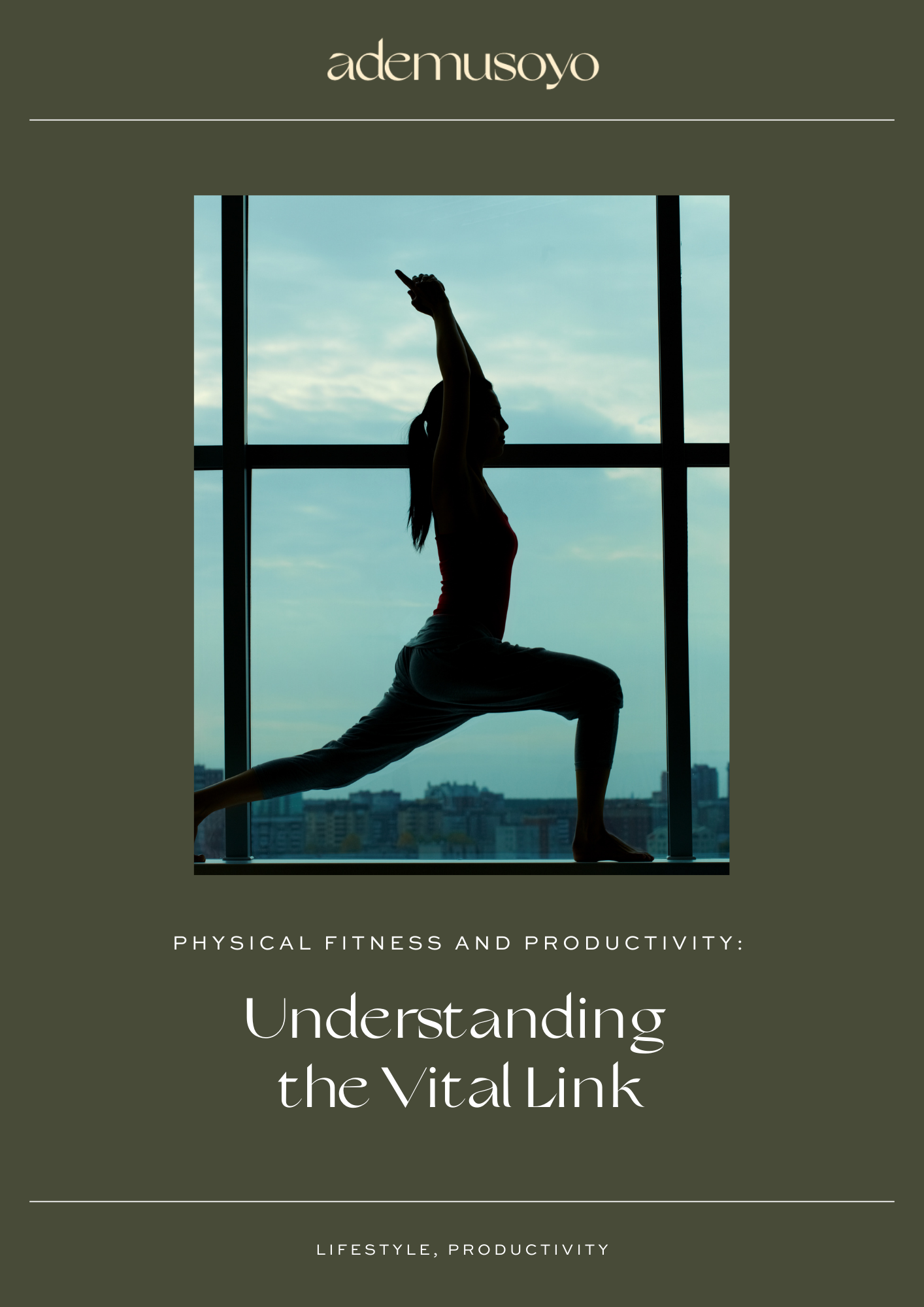As a high-achieving woman, we are constantly juggling a lot both in our personal life and professional life. We want to make the most of every moment and strive towards reaching our fullest potential. However, in the midst of all of that we have to take moments to take care of our selves. Self-care isn’t a luxury or a reward for when have finally succeeded. It is the foundational strategy for sustainable success in all aspects of our life. In this blog post we’re going to talk through practical, actionable self-care strategies that will fit into a busy, high-demanding schedule.
I. What Is Self-Care Really?
Self-care is often misrepresented in popular culture as merely an indulgent luxury experience. Something reserved for special occasions or earned only after prolonged periods of intense work and sacrifice. This common portrayal suggests that self-care is a reward to be claimed after pushing ourselves to exhaustion, rather than an essential practice for sustainable success.
However, the reality is that self-care is the foundation of your success. It’s a holistic approach to maintaining our overall well-being. Self-care encompasses creating different habits and routines that nurture every aspect of our being. From our physical health and mental clarity to our emotional balance and spiritual fulfillment. It’s about creating intentional, consistent practices that support our ability to show up as our best selves in all areas of life. Self-care can look like:
- Making sure you’re in bed by a specific time
- Going to dinner with a friends on a week night
- Making time for your hobbies once a week
- Journalling
- Cooking a nice meal
Self-care is something uniquely personal to you. It’s about making space for yourself and your feelings so that you can continue to show up as your best self in other areas of your life.
II. Signs You’re Neglecting Self-Care
When you start to neglect your self, it trickles into other aspects of your life. This can lead to negative impacts on your health which is vital for you to continue to keep doing all of the things that you want to do. If you’re wondering if you’re neglecting your self-care, here are some signs to look out for
- Physical and Emotional Burnout: Feeling constantly exhausted, experiencing muscle tension and headaches, and struggling to maintain your usual energy levels throughout the day.
- Reduced Productivity:Feeling unable to focus, taking longer to complete tasks, and missing important deadlines despite working harder.
- Lack of Motivation: When you find yourself unable to initiate tasks or maintain enthusiasm for projects that once excited you.
If you experience any of these feelings or signs, this is a clear indicator that you need to prioritize your well-being even more than you were before.

III. Practical Self-Care Strategies for Busy Women
The key to implementing practicing, self-care strategies into your demanding schedule is to find approaches that don’t require massive time commitments or complete lifestyle overhauls, but rather smart, strategic choices that maximize impact while minimizing disruption to your daily routine. Here are some strategies that you can start implementing today:
1. Blocking out time in your calendar
Time-blocking is a powerful strategy for ensuring self-care doesn’t get pushed aside by your busy schedule. Just as you would block out time for important meetings or project deadlines, designating specific slots in your calendar for self-care activities makes them a non-negotiable part of your day. This could be as simple as scheduling 30 minutes each morning for exercise, blocking out your lunch hour for a proper meal and short walk, or setting aside an evening hour for reading or meditation.
The key to successful time-blocking for self-care is to treat these appointments with yourself as seriously as you would any other professional commitment. Be realistic about the time you need, consider your natural energy patterns when choosing time slots, and start with small, manageable blocks that you can consistently maintain. Remember to include buffer time between activities and be flexible enough to adjust your schedule when necessary, while still maintaining your commitment to self-care.
2. Incorporate Daily Movement
Physical activity is a cornerstone of effective self-care, especially for high-achieving women who often spend long hours at their desks. Daily movement doesn’t necessarily mean intense workout sessions at the gym. Ot can be as simple as taking a 10-minute walk between meetings, doing desk stretches, or having a quick yoga session before starting your workday. The key is to find movement that energizes you and can realistically fit into your schedule without adding stress.
When you incorporate regular movement into your day, you’ll notice improvements in both your physical and mental well-being. Exercise releases endorphins that boost mood and reduce stress, increases energy levels, and helps maintain focus during demanding work sessions. Consider setting movement reminders on your phone, taking walking meetings when possible, or using a standing desk to naturally incorporate more movement into your day without sacrificing productivity.
3. Eating Healthier
Proper nutrition is critical for sustained energy throughout the demanding days. Maintaining healthy eating habits doesn’t require complex meal plans or hours of meal prep. The key is making small, sustainable changes that support your energy levels and overall well-being. This could mean starting your day with a protein-rich breakfast, keeping nutritious snacks at your desk, or ensuring you stay hydrated by keeping a water bottle within reach. Even simple switches like choosing whole grains over refined carbohydrates or incorporating more colorful vegetables into your meals can make a significant difference in how you feel and perform.
The goal isn’t perfection but rather creating a balanced approach to nutrition that works with your lifestyle. Meal planning and prepping can be game-changers for busy professionals, allowing you to make healthier choices even during hectic weeks. Try dedicating a few hours on weekends to prepare nutritious meals or snacks for the week ahead. Additionally, be mindful of your eating habits. Avoid working through lunch or rushing through meals can help you maintain a better relationship with food and ensure you’re giving your body the attention and nourishment it needs to sustain your high-performance lifestyle.

4. Protecting Your Mental Well-Being
Mental well-being is a critical component of self-care that’s often overlooked, especially when you are focused on external measures of success. In today’s hyper-connected world, protecting your mental space requires intentional boundaries and regular maintenance. This means learning to say no to non-essential commitments, setting clear work-life boundaries, and creating digital boundaries that prevent the constant influx of information and demands from overwhelming you. It’s essential to establish designated periods of unavailability where you can focus on your personal needs without feeling guilty about not being constantly accessible.
One effective way to protect your mental well-being is to incorporate mindfulness practices into your daily routine. This could be as simple as taking five deep breaths before important meetings, practicing a quick meditation during your lunch break, or spending a few minutes journaling at the end of your workday. These small but consistent practices help create mental space, reduce stress, and improve your ability to handle challenging situations with clarity and composure. Remember that protecting your mental well-being isn’t selfish. It’s necessary for maintaining the energy and focus required to pursue your ambitious goals while remaining grounded and balanced.
5. Emotional Check-ins
Intentional moments of self-reflection help you understand your emotional state, identify potential stressors before they become overwhelming, and make necessary adjustments to maintain your well-being. Whether it’s through journaling, meditation, or simply taking a quiet moment to assess how you’re feeling, emotional check-ins provide valuable insights into your mental and emotional landscape. They serve as an early warning system, helping you recognize when you need to adjust your workload, seek support, or make changes to your routine.
To make emotional check-ins a regular practice, consider setting aside specific times during your day or week for this important self-care ritual. This could be first thing in the morning while enjoying your coffee, during your lunch break, or as part of your evening wind-down routine. Pay attention to your energy levels, mood patterns, and any physical sensations that might indicate emotional stress. Ask yourself questions like:
- What am I feeling right now?
- What do I need today?
- What’s causing me stress, and how can I address it?
These check-ins don’t need to be lengthy; even five minutes of focused self-reflection can provide valuable insights and help you maintain emotional balance while pursuing your goals.
IV. How to Make Self-Care a Habit (Not a Chore)
Making self-care a habit doesn’t have to feel like another task on your already-packed to-do list. The key is to integrate self-care practices seamlessly into your existing routines, making them feel as natural as brushing your teeth or checking your email. When we approach self-care as a fundamental part of our daily rhythm rather than an additional burden, it becomes easier to maintain and more effective in supporting our overall well-being. The goal isn’t to create another set of obligations but to develop sustainable practices that naturally enhance our daily lives. Here are some tips on how to make self-care a habit:
- Habit Stacking: pair a self-care activity with something that you’re currently doing in order to get it done
- Start small: Start with 5 minutes every day and work your way up. As time goes on you’ll find more and more pockets where you can fit in self-care.
- Use tools: using digital tools or apps that can help you set reminders and keep track of your habits will help you stay accountable.
Remember that building new habits takes time and consistency, so be patient with yourself as you develop your self-care routine. Eventually these practices will feel natural and enjoyable rather than forced, allowing them to become an integral part of your daily life that supports your long-term success and well-being.

V. The Long-Term Impact of Prioritizing Self-Care
When you consistently prioritize self-care, you’ll experience transformative benefits that extend far beyond the immediate moment. Regular self-care practices enhance your mental clarity, allowing you to make better decisions and maintain emotional resilience in the face of challenges. This increased emotional stability, combined with higher energy levels and renewed motivation, naturally leads to improved performance across all areas of your life, whether professional or personal.
More importantly, prioritizing self-care positively impacts your relationships with others and your leadership abilities. When you’re well-rested, centered, and operating from a place of inner strength, you’re better equipped to connect authentically with those around you. This authentic presence makes you a more effective leader, as you’re able to model healthy boundaries and sustainable success for your team while maintaining genuine connections with colleagues, friends, and family.
Conclusion
Prioritizing self-care isn’t just another item on your to-do list. It’s the foundation that empowers high-achieving women to show up stronger, more consistently, and sustainably in all areas of their lives. Start small by choosing just one strategy from this guide to implement today. Whether it’s blocking out 15 minutes for a daily walk or setting a regular emotional check-in time, that single change can spark a powerful transformation in your well-being. Commit to trying one new strategy this week using our Goals and Routine Tracker template, designed specifically to help you build and maintain these essential practices.









0 Comments